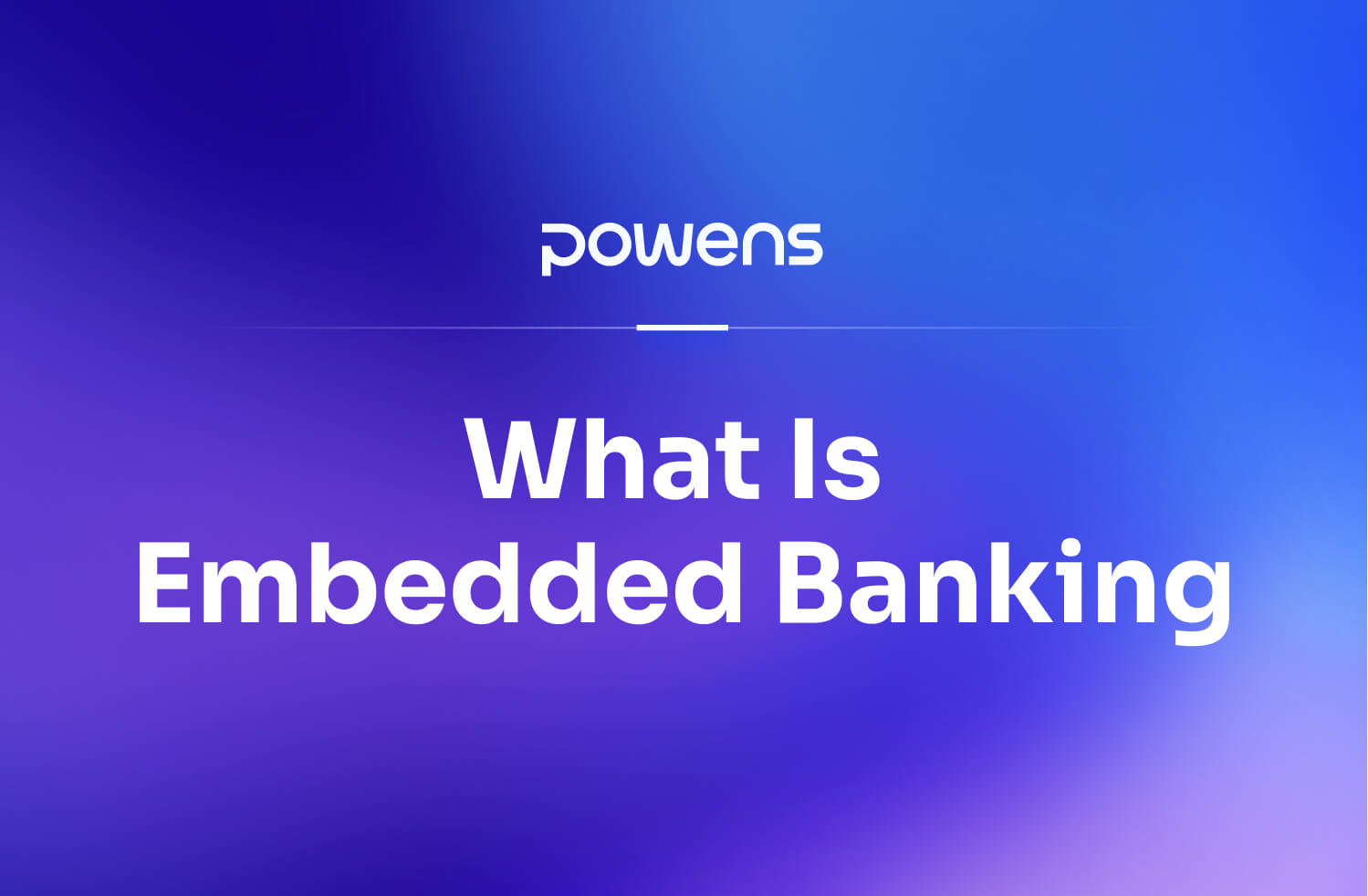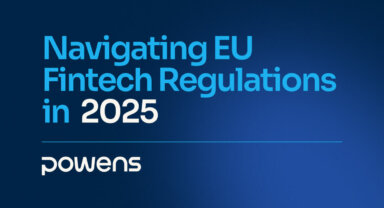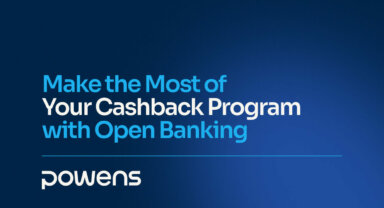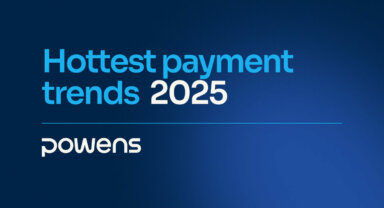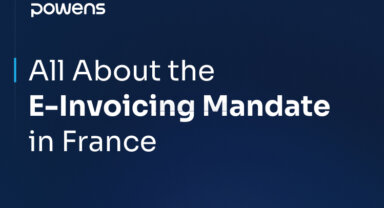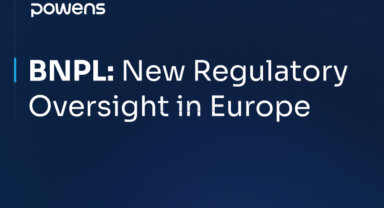Embedded Banking Q&A: Everything You Need to Know
With the global embedded banking market set to grow by 148% by 2028, embedded banking solutions will play a key role in the future of integrated finance.
There’s no denying it; businesses that leverage banking technology and financial services in 2024 will be better able to capture and engage with customers.
So, to help shed light on what embedded banking is, how it works, and its benefits for businesses looking to innovate and grow, have a look at our Q&A
Q: What is embedded banking?
Embedded banking is the integration of banking capabilities like accounts, payments services or card issuing into non-banking digital environments.
This means that using this technological approach, any company, including non-financial firms, can now roll out banking services with ease.
Q: What are the main benefits of embedded banking?
Embedded banking offers many advantages for both businesses and customers, facilitating efficient and cohesive integrated financial services.
Here are three key benefits of embedded banking:
- Seamless integrations with product and processes: Working with white label solutions from embedded banking providers, companies are even able to offer banking services that are fully customized and integrated within their brand experience and tech environments. This enables them to quickly roll out new banking solutions to markets, with their own brand and without the need to spend significant resources developing them themselves or obtaining a proper license as a financial institution.
- Built-in regulatory shield: The technology allows for easy integration of financial services without the hassle of applying for the proper licensing as a financial institution. An embedded banking API also comes with additional regulatory tools such as integrated KYC/AML that ensure all onboarding & transaction processes meet compliance requirements.
- Scalable operations: Embedded banking solutions are designed to handle large transaction volumes and fluctuating demand, leveraging modern technologies to adapt to different business models and needs.
Q: What kinds of companies are a good fit for embedded banking?
Embedded banking has taken the financial services industry by storm.
Companies like lenders, software vendors, or ERP platforms are already leveraging embedded banking APIs to improve their payment systems and streamline financial management. This allows them to provide enhanced user experiences that prioritize efficiency and convenience.
However, companies across all industries can benefit from the technology.
Here are some specific examples of how businesses can use embedded banking:
- ERP: By adding new features to their platform, for example, IBAN accounts, payment solutions and collections features, ERPs can generate new revenue streams and make payment and reconciliation processes easier for their customers.
- Property management: This industry can offer IBAN accounts to their customers, making payments collection and reconciliation easier.
- Lenders: With embedded banking, lenders can automate collections and expedite money disbursements as well as offering their own branded cards and accounts to recurrent customers, making sending and receiving payments simpler.
Q: Why choose Powens for embedded banking solutions?
Powens is the only platform that brings together Open Finance and Embedded Banking with the mission to empower financial institutions, fintechs, and software vendors across Europe & LATAM to create innovative products and streamline their financial operations through frictionless and fully automated banking and payment experiences. We offer a comprehensive suite of Embedded Banking products, including local IBAN Accounts, and a wide array of SEPA payment methods, on top of the Open Banking and Open Finance solutions.
Get started with Powens today.
IBAN, payment solutions and card issuing are provided by Unnax Regulatory Services EDE, S.L. under its electronic money license (Bank of Spain registration code 6719). The card issuing service is offered through its partnership with Wallester AS, a payment institution duly registered in Estonia.
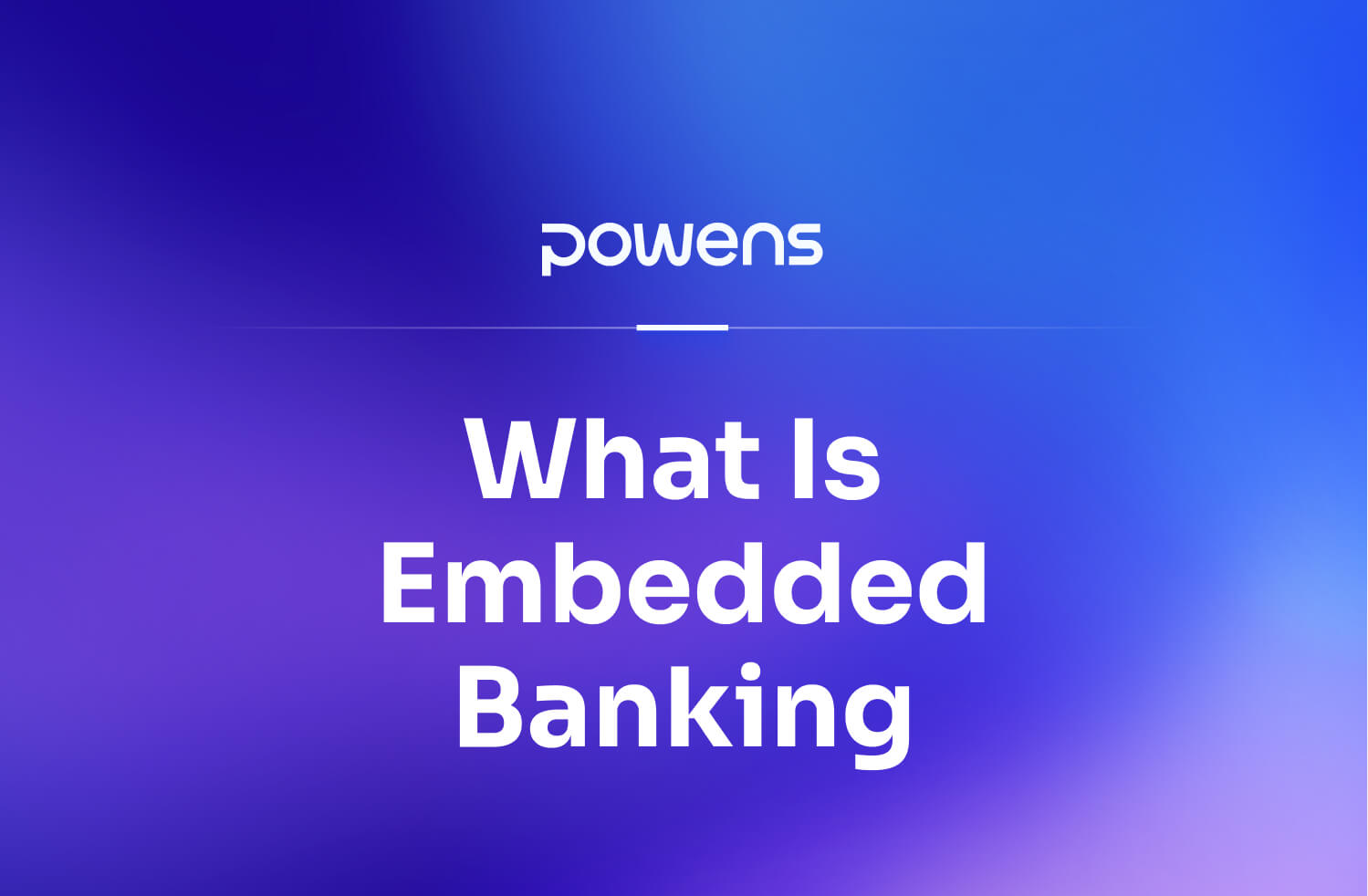

 Apr 29, 2024
Apr 29, 2024 

